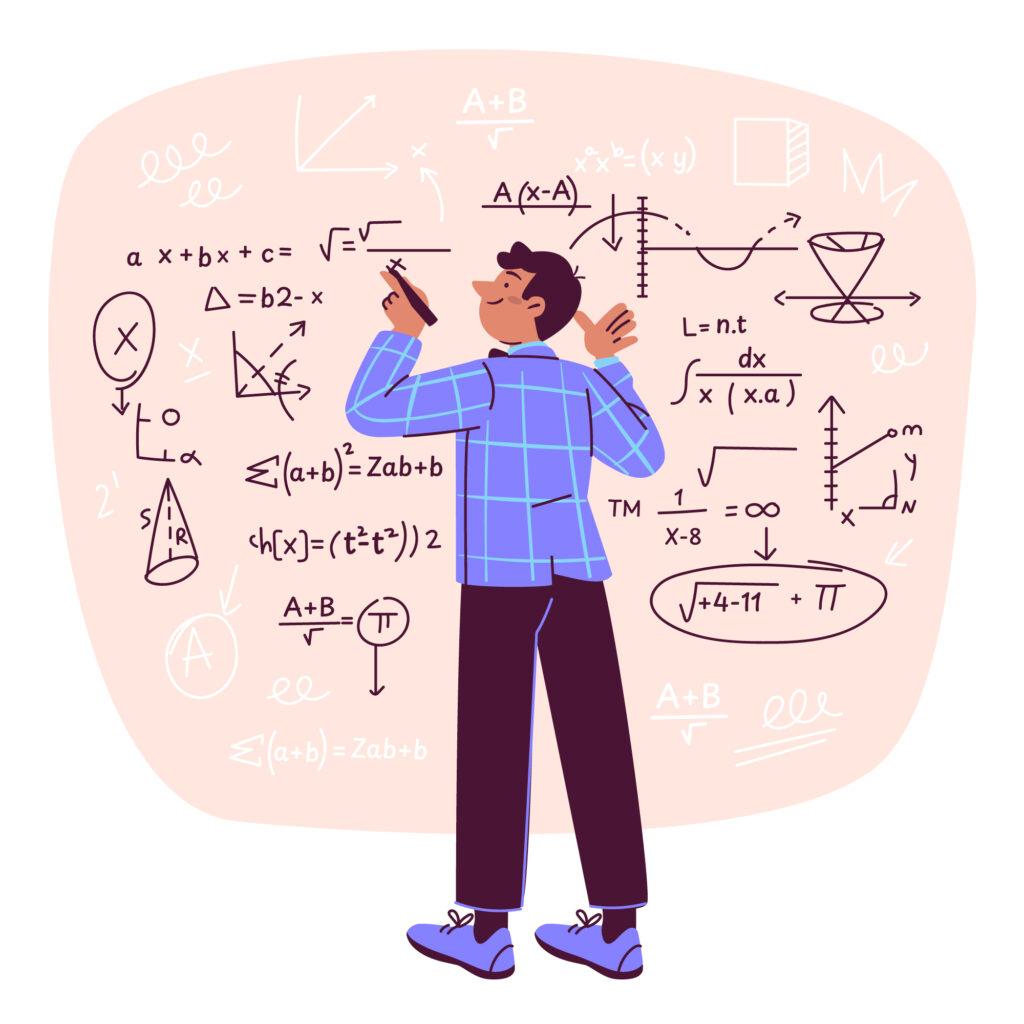Masaki Kashiwara Awarded 2025 Abel Prize: Celebrating a Lifetime of Mathematical Revolution
The Nobel of Mathematics Crowns a Giant of Algebraic Analysis
In a landmark recognition of mathematical brilliance, Professor Masaki Kashiwara of Kyoto University has been awarded the 2025 Abel Prize—often regarded as mathematics’ equivalent of the Nobel Prize. The Norwegian Academy of Science and Letters honors Kashiwara for his transformative contributions to algebraic analysis and representation theory, particularly his development of D-module theory and discovery of crystal bases.
Why This Matters
- The Abel Prize is mathematics’ most prestigious international award
- Kashiwara’s work forms the foundation of modern algebraic geometry
- His theories help solve previously intractable differential equations
- At 76, he remains actively reshaping his field
“All the big results in algebraic analysis are due to him, more or less. He’s still revolutionizing the field even now.”
— Gwyn Bellamy, University of Glasgow
Decoding Kashiwara’s Mathematical Legacy
1. D-Modules: A PhD Thesis That Changed Mathematics
While still a doctoral student, Kashiwara developed D-module theory—a framework connecting:
- Algebra (abstract structures)
- Analysis (continuous change)
- Geometry (shapes and spaces)
Impact: Provides powerful tools for solving linear partial differential equations (PDEs), which model phenomena from heat diffusion to quantum mechanics.
2. Crystal Bases: The Jewel of Representation Theory
Kashiwara’s discovery of crystal bases offered:
- New ways to understand symmetries in quantum groups
- A combinatorial approach to infinite-dimensional algebra
- Applications in mathematical physics and number theory
![Diagram comparing traditional vs. crystal base representations]
Caption: How crystal bases revolutionized symmetry analysis
3. Current Frontiers: Quantum Affine Algebras
Even after 50+ years of groundbreaking work, Kashiwara pursues unsolved problems:
- Affine quiver conjecture (“I still have no clue how to solve it”)
- Connections to string theory and quantum computing
The Abel Prize: By the Numbers
| Metric | Detail |
|---|---|
| Prize Amount | 7.5 million NOK (~$700,000) |
| Awarded Since | 2003 (honoring Niels Henrik Abel) |
| Selection Committee | 5 renowned mathematicians |
| Past Winners | Andrew Wiles, Karen Uhlenbeck, Michel Talagrand |
| Ceremony | Presented by the King of Norway in Oslo |
Why Kashiwara’s Work Defies Conventional Boundaries
Bridging Abstract Theory and Real-World Problems
While Kashiwara’s work is profoundly abstract, its implications ripple across science:
- Physics: Solutions to PDEs model particle behavior
- Engineering: Symmetry analysis improves material design
- Computer Science: Quantum algebra informs algorithm development
The Collaborative Genius
With 70+ collaborators across generations, Kashiwara exemplifies how mathematics advances through collective effort. As David Craven (University of Birmingham) notes:
“You can’t do geometric representation theory without encountering Kashiwara’s work—it’s everywhere.”

Perspectives From the Mathematical Community
On the Award’s Timing
- “This has been a long time coming—it’s a recognition of lifetime achievement.”
- “Remarkably, his most cited work came from his PhD thesis.”
On the Work’s Difficulty
- “Understanding even the basics requires a PhD in math—it’s that deep.”
- “His ability to visualize abstract structures is unparalleled.”
On Future Impact
- “Crystal bases may hold keys to quantum mathematics we haven’t imagined yet.”
- “The affine quiver conjecture could be his next revolution.”
The Man Behind the Mathematics
A Quiet Revolutionary
- Born in 1949 in Tokyo
- Completed PhD at University of Tokyo (1974)
- Has worked at Kyoto University since 1984
- Known for deep concentration and generous mentorship
In His Own Words
“I was happy to receive the prize, but mathematics is not done for awards. There are still beautiful problems to solve.”
What Makes the Abel Prize Unique?
vs. Fields Medal
| Abel Prize | Fields Medal |
|---|---|
| Lifetime achievement | Under 40 requirement |
| Annual | Every 4 years |
| No age limit | Maximum age 40 |
vs. Nobel Prize
- Same prestige level in mathematics
- Similar monetary value
- Broader recognition beyond academia
The Future of Algebraic Analysis
Kashiwara’s legacy ensures the field will continue evolving through:
- New generations applying his frameworks
- Cross-disciplinary collaborations (physics, CS)
- Unsolved problems like the affine quiver conjecture
“In 100 years, mathematicians will still be building on Kashiwara’s work.”

